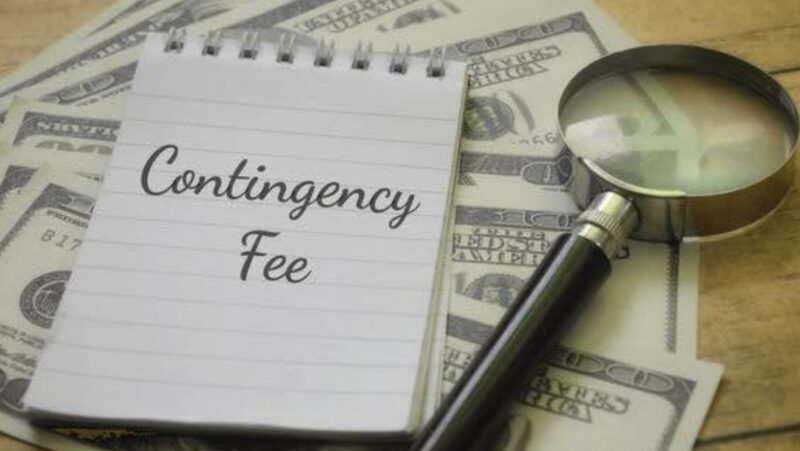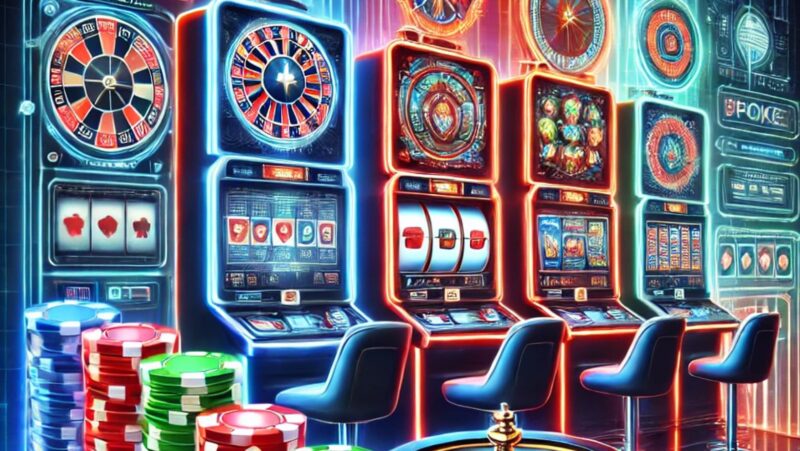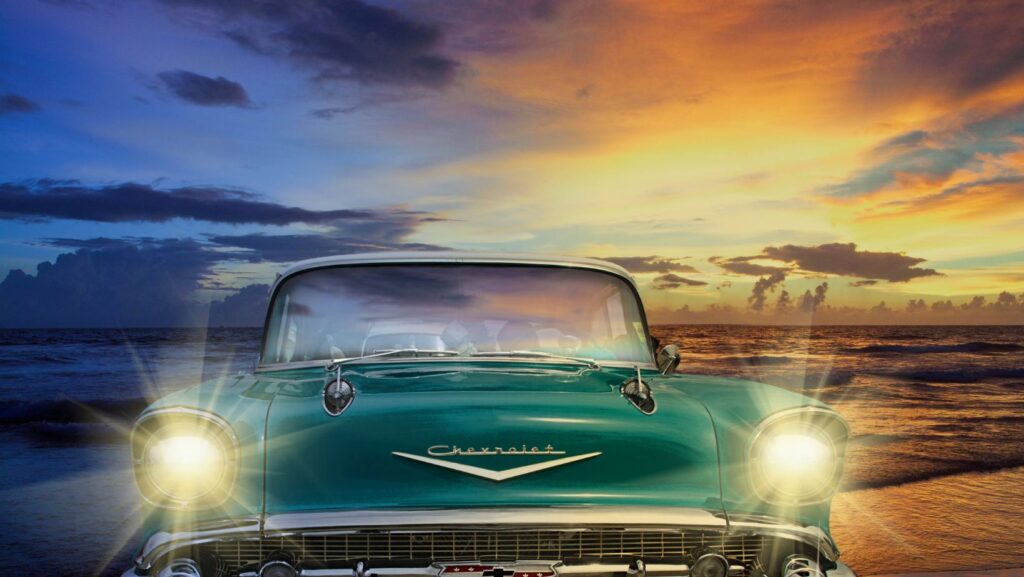
Classic vehicles are more than just cars; they’re timeless works of art on wheels. Their sleek designs, impeccable craftsmanship, and historical significance make them irresistible to collectors worldwide.
For billionaires, these vintage machines hold a unique charm. They represent not only an appreciation for aesthetics but also a smart investment opportunity. With values that often rise over time, classic cars combine luxury with financial foresight. This blend of elegance and practicality has turned classic vehicles into a coveted asset among the ultra-wealthy.
Let’s dive into why these automobiles continue to capture hearts and wallets alike.
The Enduring Allure of Classic Vehicles
- Timeless Design: Classic vehicles are more than just transportation; they’re rolling pieces of history. Their timeless designs embody the artistry and craftsmanship of a bygone era, standing out in a world dominated by modern, mass-produced cars. Each curve and detail reflects the personality and innovation of its time, making these cars truly iconic.
- Emotional Connection: For many, classic cars evoke a sense of nostalgia. They remind us of simpler times, legendary road trips, and unforgettable moments. Whether it’s the roar of an old engine or the unique feel of a vintage steering wheel, these vehicles connect us to history and personal memories.
- Examples: Some models have become symbols of timeless elegance. The Jaguar E-Type, often called “the most beautiful car ever made,” or the Shelby Cobra, known for its speed and style, are just a few examples of classics that captivate collectors.
For a modern take on classic craftsmanship, explore our Customized Land Rover Defenders. These vehicles blend tradition with contemporary design, offering timeless appeal with modern reliability.
Classic Cars as a Lucrative Investment
Investing in classic cars isn’t just about passion; it’s also about profits. Over the years, rare models have shown significant value appreciation, often outperforming traditional assets like stocks or gold. For instance, a 1962 Ferrari 250 GTO sold for a record-breaking $48.4 million at auction, cementing its reputation as one of the most valuable cars ever.
The exclusivity of classic vehicles is a key driver of their investment potential. Limited production runs and the passage of time make these cars increasingly rare. Collectors are willing to pay a premium for models that are hard to find and well-preserved, ensuring their value remains high.
High-end auctions are a testament to the demand for classic cars. Events like Sotheby’s and Gooding & Company regularly feature vehicles that fetch millions. These record-breaking sales highlight the enduring appeal of classic vehicles as both collectibles and smart investments.
Status Symbol and Prestige
Classic cars are more than investments; they’re cultural icons. Owning one reflects a sense of sophistication, individuality, and a deep appreciation for history. These vehicles are statements of refined taste, admired by enthusiasts and collectors alike.
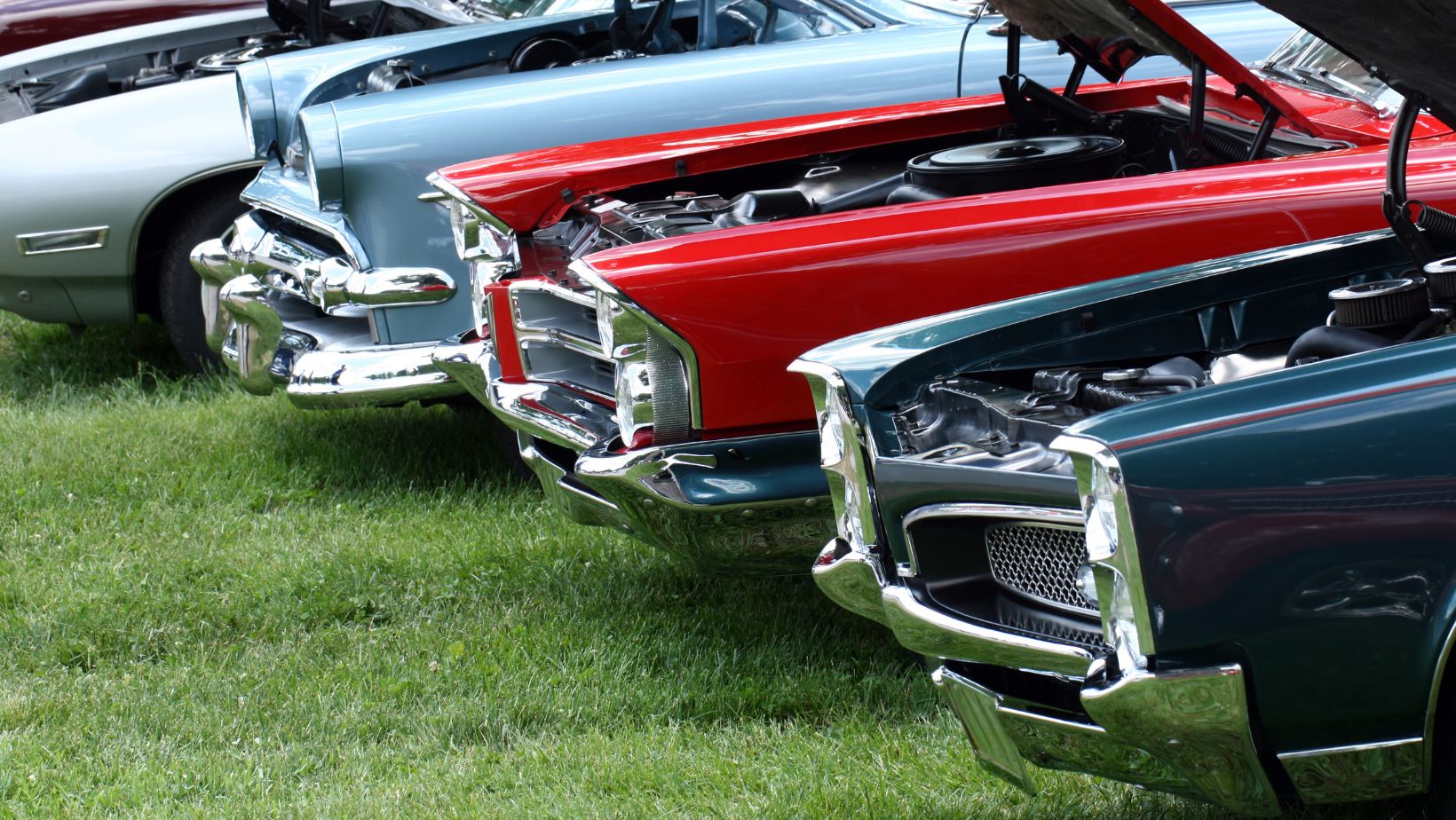
Notable figures like Ralph Lauren, with his stunning Bugatti Type 57SC Atlantic, or Bill Gates, who owns a Porsche 959, showcase the allure of classic cars among the elite.
Unlike modern luxury vehicles, which often emphasize technology, classic cars highlight artistry and timeless design. They stand as a bridge between the past and present, offering a charm no modern car can replicate.
Modern Innovations in Classic Cars
Today’s classic cars are getting a modern makeover, with electric engines being a key innovation. Retrofitting vintage vehicles with sustainable electric power not only reduces their environmental impact but also preserves their iconic design and performance. This blend of tradition and sustainability is appealing to a new generation of collectors who value both nostalgia and eco-consciousness.
Classic cars are also being upgraded with modern safety features and tech. From anti-lock braking systems to advanced infotainment, these enhancements make vintage vehicles more practical without sacrificing their original charm.
However, these innovations can affect a car’s value. In some cases, retrofitting with electric engines or tech upgrades can increase a car’s appeal, especially to younger buyers. But for purists, maintaining a car’s original state might be more valuable. Ultimately, the impact on value depends on the balance between preserving classic features and introducing modern improvements.
Owning a classic car opens doors to exclusive communities, especially at high-end events like the Pebble Beach Concours d’Elegance. These gatherings offer networking opportunities and a chance to connect with fellow enthusiasts and collectors.
Classic cars are also a reflection of cultural history. They represent craftsmanship and design from eras that shaped the automotive world, serving as living museums of a past era.
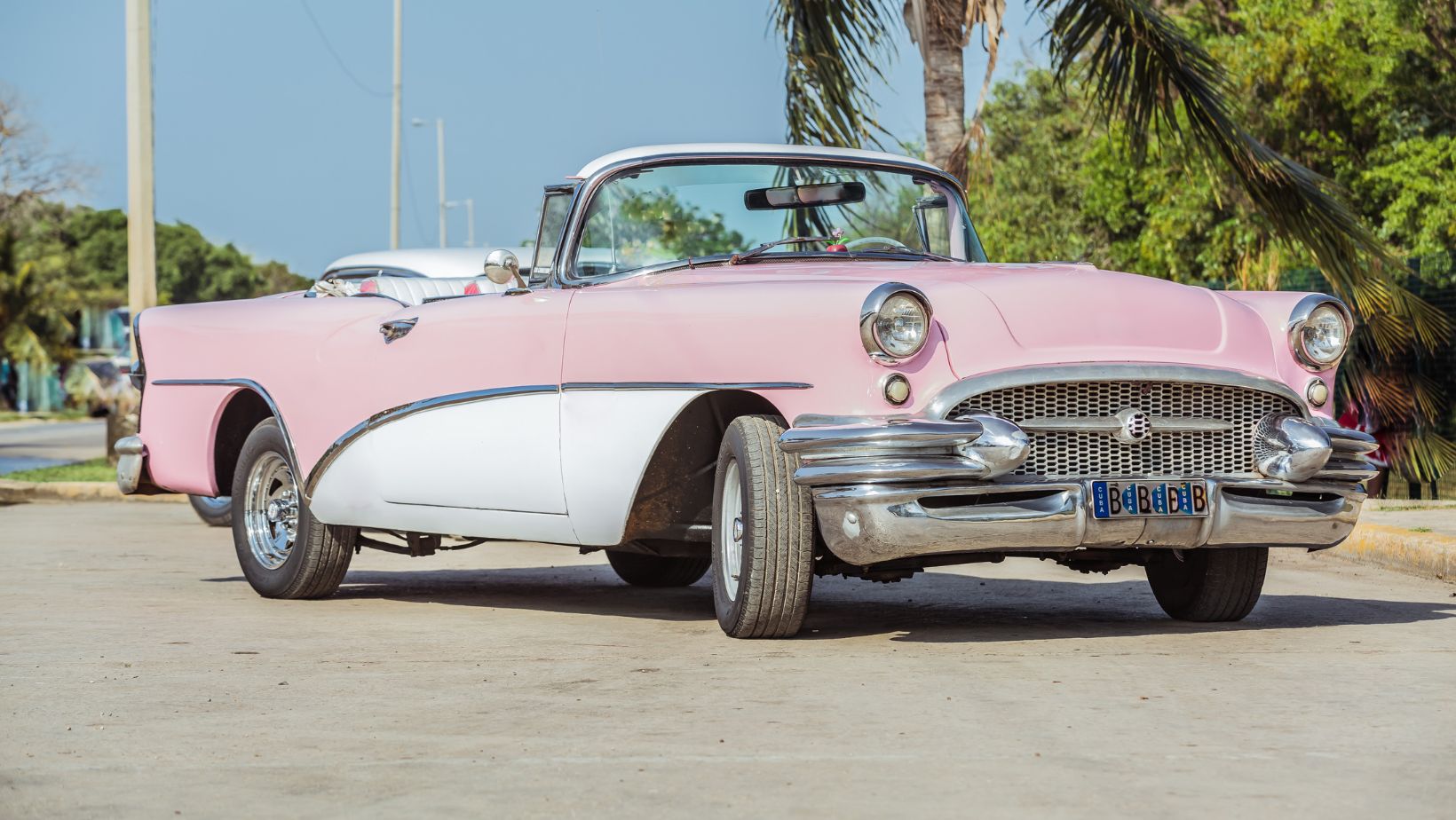
Beyond their mechanical value, these vehicles embody a refined lifestyle. They symbolize sophistication, taste, and a commitment to preserving the artistry of an earlier time, making them much more than just cars—they’re cultural treasures.
Final Words
Classic cars continue to captivate with their multifaceted appeal. Their timeless style, strong investment potential, and rich cultural legacy make them prized possessions for collectors and enthusiasts. These vehicles are not only symbols of sophistication but also hold a lasting value that often appreciated over time.
As the automotive world evolves, the future of classic cars remains bright. Whether retrofitted with modern technology or kept in their original state, these cars will always hold a special place in the hearts of those who appreciate both their history and beauty. The legacy of classic cars will undoubtedly endure for generations to come.




